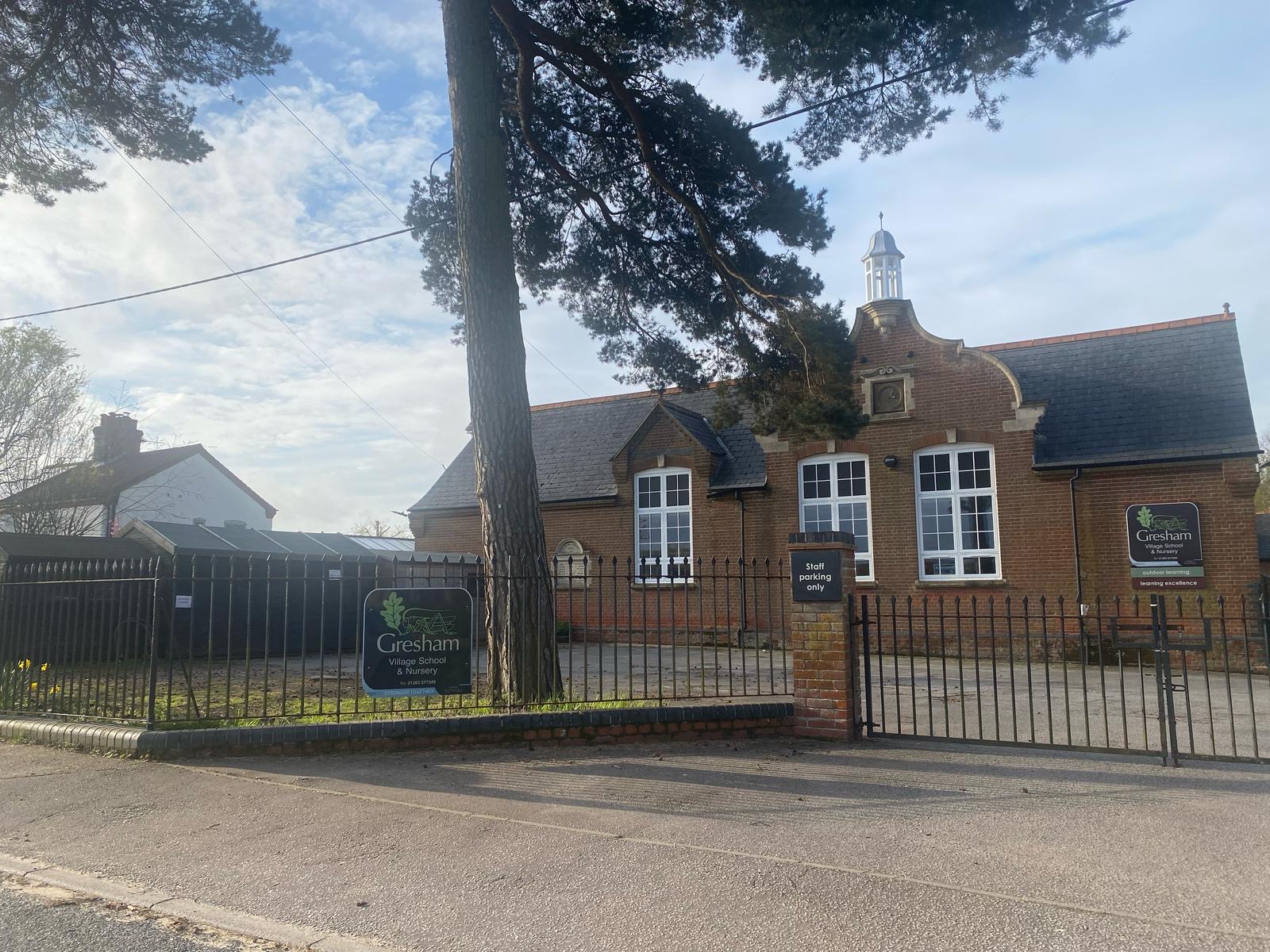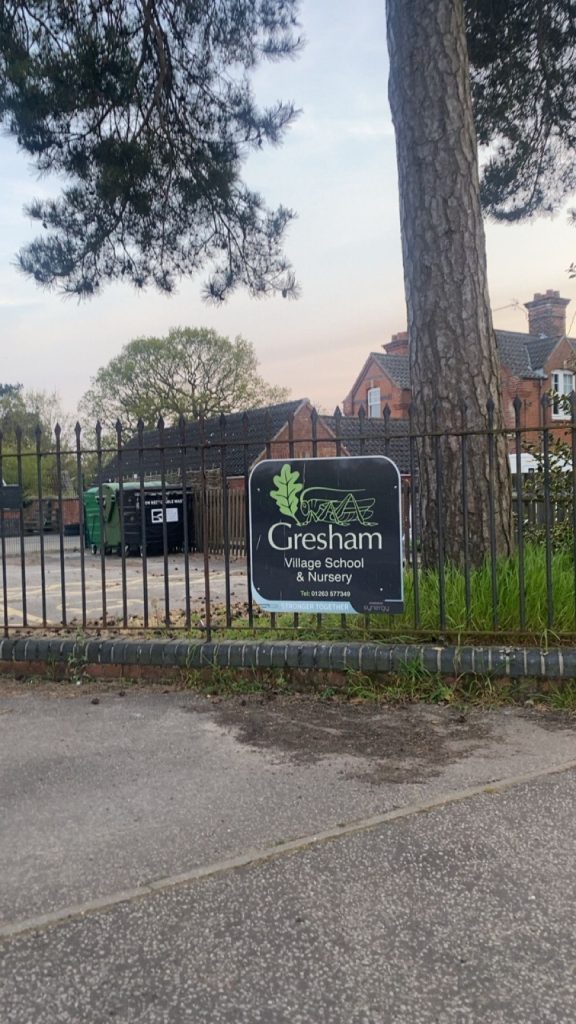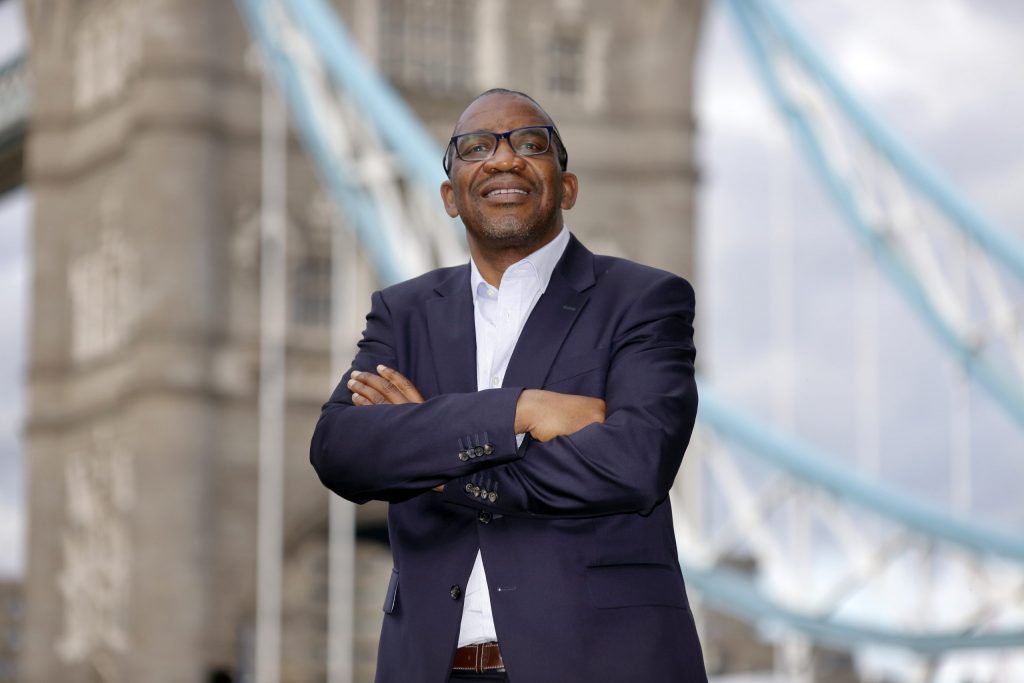Pupil of colour ‘draped in Union Jack’ during controversial slave trade assembly

A primary school has sparked outrage after a pupil of West African heritage took part in a controversial assembly on the transatlantic slave trade – draped in the Union Jack.
The Year 6 student reportedly wore the flag over his shoulders as his class debated whether or not the enslavement of African people – one of history’s greatest crimes – should be taught.
While most pupils argued in favour, others reportedly opposed it during the presentation at Gresham Village School and Nursery in North Norfolk.
Furious parents said the “profoundly offensive” incident marginalised children of colour, whitewashed Britain’s colonial past, and promoted a form of historical revisionism.
Asking a child of West African heritage to question whether the enslavement of his ancestors should be taught is akin to forcing Jewish descendants of Holocaust survivors to sit through a discussion on whether that atrocity should also be remembered, one said.
The November 2024 left children “confused” and “upset” and prompted one family to remove their child in protest.
It is also alleged to have breached the Equality Act and a string of teaching and safeguarding rules, according to written complaints.
In a private reply, headteacher Marc Goodliffe apologised to one complainant “unreservedly” and admitted the use of a Union Jack was misjudged.
But repeated calls for a public, school-wide apology – including those from a family of Indian heritage – have, at the time of writing, gone unanswered.
Parents say the Synergy Multi-Academy Trust, which oversees the school, has also offered no apology to pupils or parents in the wake of the incident. And no public action has been taken against Marc Goodliffe or Year 6 teacher, Christopher Davies.
Under UK safeguarding guidance and the Teachers’ Standards, schools have a duty to act in the best interests of all pupils and to take appropriate steps when harm is caused — whether or not a formal complaint is made — including offering an apology where appropriate to acknowledge and address the impact.
In an email to the headteacher, one parent said: “I am deeply concerned, upset and incredulous that the topic chosen to explore these skills was the transatlantic slave trade.
“A child proudly had a union flag draped around their shoulders during the ‘presentation’ and some children’s takeaway from the learning piece was that we shouldn’t learn about the enslavement of African people, because ‘it is in the past’.
“One child also referenced reparations to those affected by the enslavement of their ancestors.
“I need to be very clear, there is no scenario where we debate as to whether or not we learn about the enslavement of African people. It is akin to asking the children whether or not we learn and pay respect to what happened during the Holocaust and asking a group of Jewish children, descended from the survivors, to listen to them pontificating.”
The complaint continues: “Debating whether to teach an element of colonial and imperial history is a form of whitewashing and this type of “revisionism” is frankly, disturbing. What this discussion has actually done is marginalise the children of African heritage, framing the enslavement of West African people as a topic for ‘debate’ rather than a factual, sensitive, and reflective discussion.
“This approach disregards the lived experiences and emotional well-being of children of African descent, making them feel othered and unsafe. It also reinforces imperialist and colonial systems. That is, the people/oppressors to whom this history does not belong get to decide if it is worthy of being taught, when it should be taught, discussed and remembered.”
It adds: “Along with an immediate and urgent review of your anti-racism and safeguarding policies and curriculum, I on behalf of all of the other children and parents this will have impacted, expect a formal and public apology for this failure by you and your staff which should be shared with the wider school.”

In his written reply, Mr Goodliffe said Year 6 pupils had undertaken an extensive study of the transatlantic slave trade and Windrush, aimed at encouraging critical thinking about Britain’s past.
The class debate was intended to conclude the unit by exploring whether schools should teach only the parts of history we find comfortable or also confront its darker chapters.
He said the discussion was guided “very carefully”, but admitted it was, in hindsight, the wrong way to end the topic “for all the reasons you state in your complaint”.
“On reflection, although the intentions were for all the right reasons, the decision to include the presentation in assembly was wrong and at times quite clumsy, which led to ambiguity and the possibility of younger children formulating opinions that were definitely not intended,” he wrote.
“The use of the flag was to show the class turning its back on an abhorrent period of our history, but I understand how else this could have been construed. It also lacked a decisive conclusion that could have dispelled any ambiguity, but this was missed.
“I would like to apologise to you unreservedly; there was never any intention to offend, but I do understand now, how this content was received. It is important that we learn from this.”
Buki Mosaku, of the DiverseCity think tank in London, is one of the world’s leading experts on race relations and unconscious bias.
He said any school that causes harm must be prepared to widely apologise — and that genuine accountability starts with headteachers taking responsibility.

“Headteachers in every school nationwide should know what’s right, lead by example and, crucially, be the first person to say sorry when things go wrong.
“They have a duty to protect the children in their care, to follow the law and teaching rules to the letter, and above all to act with honesty, transparency, and integrity.
“Ignoring those lawful obligations and basic professional standards would likely be considered a dereliction of duty and a betrayal of the very principles that everyone in education – from governors and teaching assistants to headteachers and trust CEOs – should stand for.
“It would also send a dangerously unprofessional message to staff members that unprofessional behaviour acceptable.”
The Synergy Multi-Academy Trust declined to comment.
